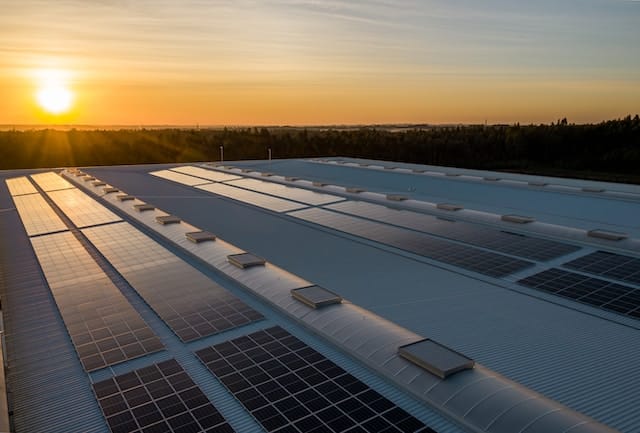Solar Panels, Leading Companies, and the Benefits of Rooftop Installations
Introduction
As the world grapples with the growing urgency of climate change, solar energy emerges as a sustainable and renewable solution. Solar panels play a pivotal role in harnessing this form of energy. However, not all solar panels are created equal. This article aims to provide an overview of the different types of solar panels available, identify the largest solar panel manufacturing companies, and shed light on the advantages of rooftop solar installations.

Types of Solar Panels
- Monocrystalline Solar Panels: These panels are made from a single crystal structure and offer the highest efficiency rates, generally around 15-20%.
- Polycrystalline Solar Panels: These are constructed from various crystal structures in a single cell, which make them less efficient, typically 13-16%.
- Thin-Film Solar Panels: These are the least efficient but also the least expensive. They’re often used for large-scale installations.
- Biohybrid Solar Panels: An emerging technology that mimics the natural process of photosynthesis, though these are still largely in the experimental phase.
Leading Solar Panel Companies
- JA Solar: Founded in 2005, this Chinese company is one of the world’s largest producers of solar cells.
- Trina Solar: Another leading player in the Chinese market, Trina Solar is known for its highly efficient and reliable panels.
- First Solar: An American company that specializes in thin-film solar panels, First Solar has a strong track record in large-scale solar installations.
- SunPower: Known for its high-efficiency monocrystalline panels, SunPower is a significant player in the U.S. solar market.
Benefits of Rooftop Solar Panels
- Reduced Electricity Bills: Generating your electricity can significantly reduce your monthly utility bills.
- Energy Independence: Rooftop solar installations help households and businesses reduce their reliance on grid electricity.
- Environmentally Friendly: Solar panels emit no greenhouse gases, helping to combat climate change.
- Government Incentives: Numerous countries offer tax breaks or subsidies for installing rooftop solar panels, making the upfront cost more manageable.
- Increased Property Value: Homes and buildings with solar installations often see a boost in their market value.
Conclusion
Solar energy is poised to play an increasingly significant role in the global energy landscape. With a variety of solar panels to choose from and an array of leading companies pushing the boundaries of innovation, consumers have more options than ever. Additionally, the financial and environmental benefits of rooftop solar installations make them an attractive option for residential and commercial properties alike.
By investing in solar technology, not only can individuals reduce their carbon footprint, but they can also reap substantial economic benefits, making it a win-win solution for both the planet and its inhabitants.




